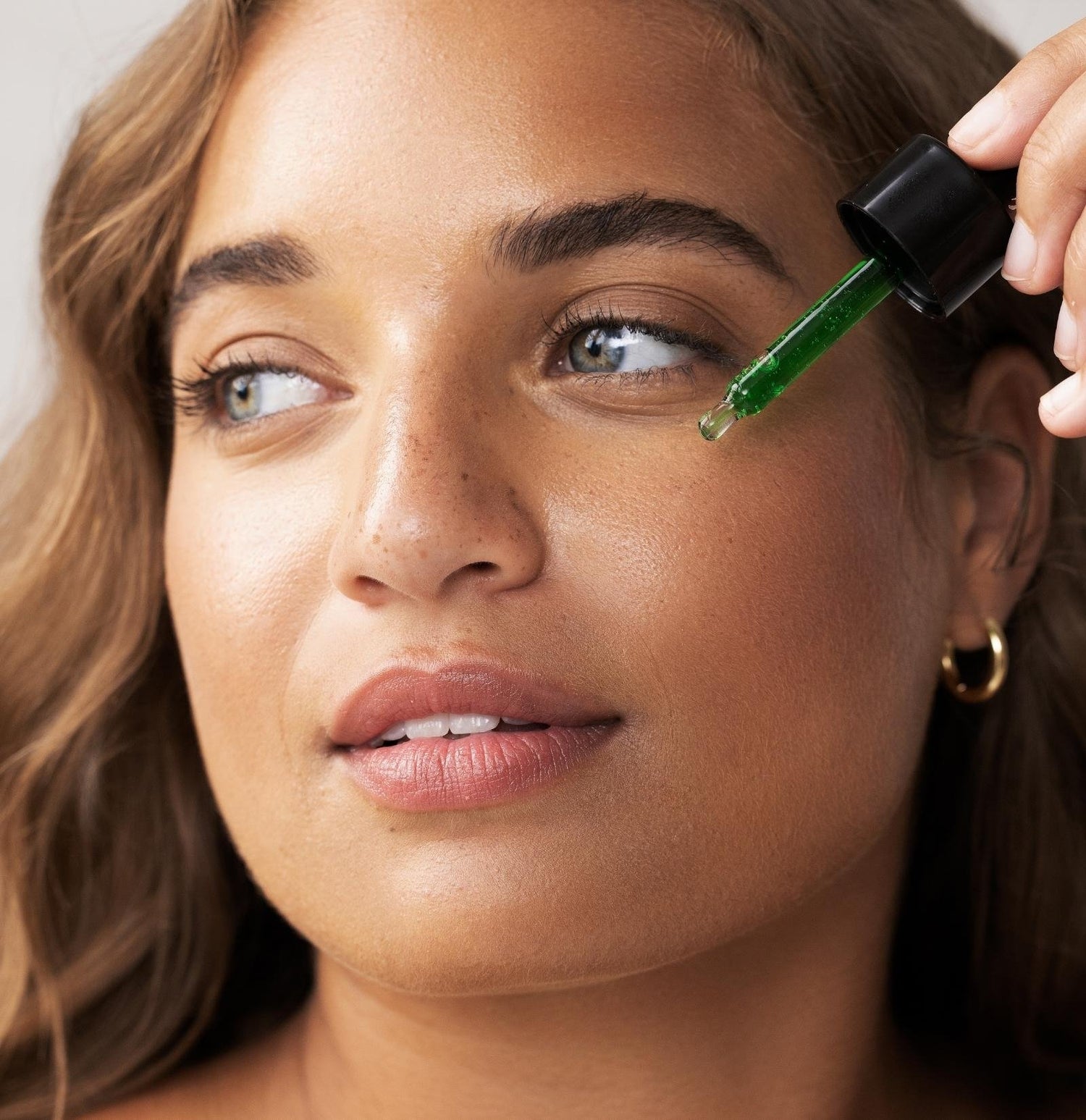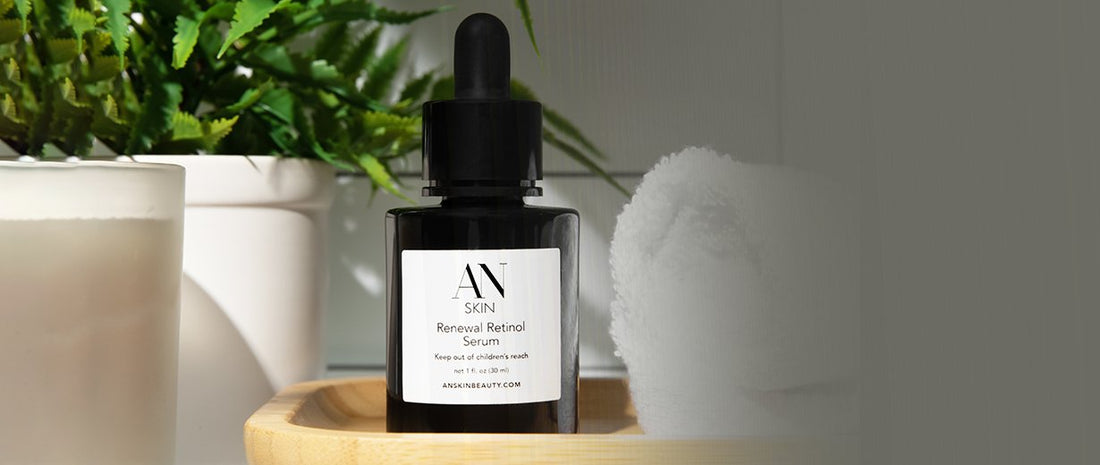In the realm of skincare, few ingredients generate as much buzz and controversy as retinol. Hailed as a miracle worker by some and feared by others, retinol has earned a somewhat mythical status in the beauty industry. But amidst the hype, there's a lot of confusion. Today, we're separating fact from fiction, shedding light on its benefits, debunking common myths, and empowering you to make informed decisions for your skincare routine.
Myth: Retinol is too harsh for sensitive skin.
Fact: While it's true that retinol can cause irritation, especially when first introduced to the skin, it's not necessarily off-limits for those with sensitive skin. The key lies in starting with a lower concentration and gradually increasing frequency as your skin builds tolerance. Additionally, opting for a formulation with added soothing ingredients can help mitigate potential irritation, making retinol accessible to a wider range of skin types.
Myth: Retinol makes your skin more sensitive to the sun.
Fact: This myth has some truth to it, but it's not the whole story. Retinol can indeed increase your skin's sensitivity to UV radiation, which is why it's crucial to pair it with adequate sun protection. However, this doesn't mean you have to avoid the sun altogether. Simply applying sunscreen diligently during the day can effectively counteract any potential sun damage, allowing you to enjoy the benefits of retinol without compromising your skin's health.
Myth: Retinol is only beneficial for fighting wrinkles.
Fact: While retinol is renowned for its anti-aging properties, its benefits extend far beyond wrinkle reduction. This powerhouse ingredient is also effective in treating acne, minimizing pores, improving skin texture, and promoting overall skin health. By accelerating cell turnover and stimulating collagen production, retinol can address a myriad of skincare concerns, making it a versatile addition to any routine, regardless of age or skin type.
Myth: You can only use retinol at night.
Fact: While nighttime application is indeed recommended due to retinol's photosensitivity, it's not strictly necessary. If you prefer to incorporate retinol into your morning routine, you can do so as long as you follow up with a broad-spectrum sunscreen. However, for most people, nighttime application is more convenient and allows the product to work undisturbed while you sleep, maximizing its efficacy.
Myth: Over-the-counter retinol products are just as effective as prescription-strength versions.
Fact: While over-the-counter retinol products can yield impressive results, they're typically formulated at lower concentrations than their prescription counterparts. For more severe skin concerns, such as deep wrinkles or stubborn acne, a prescription-strength retinoid may be necessary to achieve desired outcomes. However, for mild to moderate issues, over-the-counter options can deliver noticeable improvements with consistent use.
In conclusion, retinol is a skincare superhero that has earned its rightful place in countless beauty routines around the world. By dispelling common myths and embracing the facts, you can harness the power of retinol to transform your skin and unlock a radiant, youthful complexion. Remember to start slow, protect your skin from the sun, and be patient—the results will be well worth the wait.
Fact: Retinol is not pregnancy-safe
Shop our Renewal Retinol Serum


